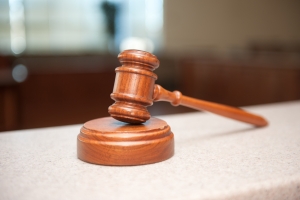The Anti-Murder Act in Florida requires violent felony offenders or other certain types of offenders who violate probation or community control to remain in jail until the court determines whether the individual poses a danger to the community. This law was established in March 2007. The Florida Department of Corrections will designate those offenders as Violent Felony Offenders of Special Concern or “VFO” on the violation of probation or community control affidavit.
Florida Rules of Criminal Procedure 3.790(b)(3) indicates that except when the alleged violation of probation is based solely on the defendant’s failure to pay costs, fines, or restitution, the defendant shall not be granted bail or any other form of pretrial release prior to the resolution of the probation or community control violation hearing. The court shall not dismiss the probation violation warrant pending against a defendant without holding a recorded violation hearing at which both the state and the accused are represented. At that hearing, the court shall make a written finding as to whether the defendant poses a danger to the community.
The court bases its findings on one or more of the following factors:
 Jacksonville Criminal Defense Lawyer Blog
Jacksonville Criminal Defense Lawyer Blog



 Florida law, under
Florida law, under